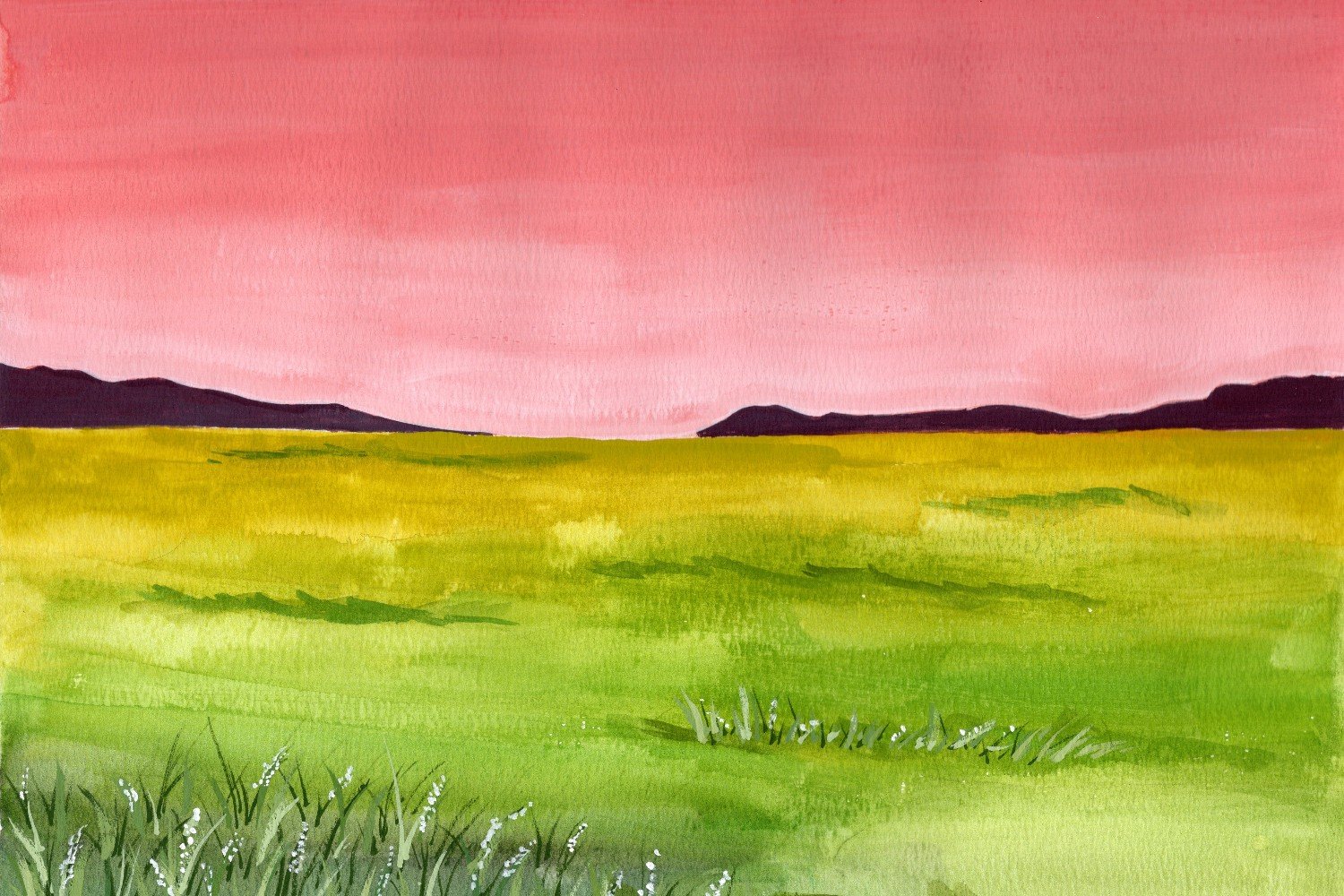Learning to Work Less
Photo by Toa Heftiba on Unsplash
It's two and a half months into tax season, and I am so over it. January was the busiest month of the year for me, and my schedule has stayed busy since then.
In the past, I'd feel somewhat sheepish when I told people how I felt overworked. They would ask me how much I was working, and I'd be like, "uh...45 hours a week." And then I'd explain that those were stressful hours because they clearly didn't sound like "overworking." The truth is, I've never been able to work as hard or as long as others seem to. When I talked to my CPA friend about feeling burned out, she said she felt the same, and perhaps she'll work 65 hours a week instead of 70 hours.
I've never been able to work those kinds of hours, even when I was in a high-pressure job. Burnout started at 45 hours a week for me.
I used to feel bad about that. Working hard seemed like an imperative after I started my own business. I wanted to create a business that was satisfying and shared my ideas and experiences, and I wanted it now. Most entrepreneurs and small business people I knew were always working their butts off to get things going. I thought working less and accommodating my needs was a cop-out, and if I wasn't working or thinking about working, I was never going to prove myself. But try as I might, I always started to hate the work if I forced myself to do it on evenings and weekends.
Before I learned to accept my energy levels, I would push as hard as I could for weeks when I had the energy, then suddenly hit a wall and have fatigue for days or even weeks. Sometimes the fatigue got so bad, I couldn't get out of bed. I thought something was wrong with me because I seemed to get major consequences for working as hard I was "supposed to" work. My symptoms were way too mild for Western medicine to know what to do with me, and my acupuncturist told me I was too stressed out and needed to slow down. I didn't think that was an acceptable answer because I hadn't "arrived" yet.
But how do we know we've "arrived" if the treadmill never stops?
Hard work is our national religion in the United States, so much so we can't see it. Working ourselves to the bone is the baseline expectation we're supposed to meet. Being busy is a reasonable excuse for everything from not taking care of one's body, to not spending time with one's kids, to losing touch with friends. So much of “personal development” discourse is all about how to work faster, longer, and produce more. As a society, we tend to disdain people who can't work or don't want to work, the underlying assumption being that work proves our value as human beings.
As a self-employed person, I've essentially learned to treat myself the same way we treat our employees and natural resources as a society — we extract and take until we exhaust everything, then we discard and move on to the next person or resource. Except I have to deal with the consequences of working myself too hard because there's no one else here.
As a society, we're now having to deal with the consequences of climate change, social and income inequity, pandemics, and widespread chronic health issues that can be sourced to generations of wealth extraction from nature, animals, and other humans. The consequences have been postponed and avoided for generations, but ultimately, there is no one else here.
The alternative is to aim for sustainability. When I started my business, I often asked myself if the task I'm doing is sustainable. This often translated to, "do I like this task enough to keep doing it?" — because I've done a lot of things I didn't end up liking. Did I like a certain networking group enough to keep going? Was the writing process for that last article enjoyable or like teeth-pulling? Creating a sustainable business meant doing more of what I liked and less of what I didn't like, otherwise it would just be another job I hated.
Working less was one of the last things I accepted, because hard work is so much part of the American story about what makes our lives worthwhile. I felt ashamed of not wanting to work so hard. But hard work without reflecting on what we're working toward and what the costs are can end up being exploitive. Hard work without a living wage only benefits employers while letting the rest of society pick up the bill. Hard work that results in environmental or societal harms perpetuates those harms for the advancement of a few. We hang on to the idea of hard work as honorable even if it’s the equivalent of a hamster running around a wheel. We are far too connected globally now to define "hard work" only from the lens of a heterosexual man’s ability to take care of his family.
When I finally let go of working all the time to get ahead, I found that letting myself rest when I'm tired (what a concept!) allowed me to recharge and work more consistently during the week. It meant taking most evenings and weekends off when previously I would've tried to work on my writing. It meant I didn’t try to produce an article when I’m already tired from my accounting work. I noticed my "mysterious" fatigue episodes mostly disappeared, and I can tell when I've worked too much and exhaustion creeped in. My body can't take constant output without replenishment any more than our planet can without unpleasant consequences.
To take care of myself, it meant I sometimes had to let people down. I had to learn to tell clients when I need more time to finish a project. I disappointed myself when I couldn't meet my own (often unreasonable) timeline for getting my writing done. I'm learning that some disappointments are okay, and delayed timelines are okay, as long as I'm still enjoying what I'm doing. The value of my life is not only determined by the end result. It is everything in between.
Recent Posts
Thanks for reading! I’d love to hear what you thought of it. Feel free to comment below or on my social media accounts.
If you enjoyed this piece, please consider making a contribution so I can spend more time doing it. Your support is greatly appreciated. ❤️































